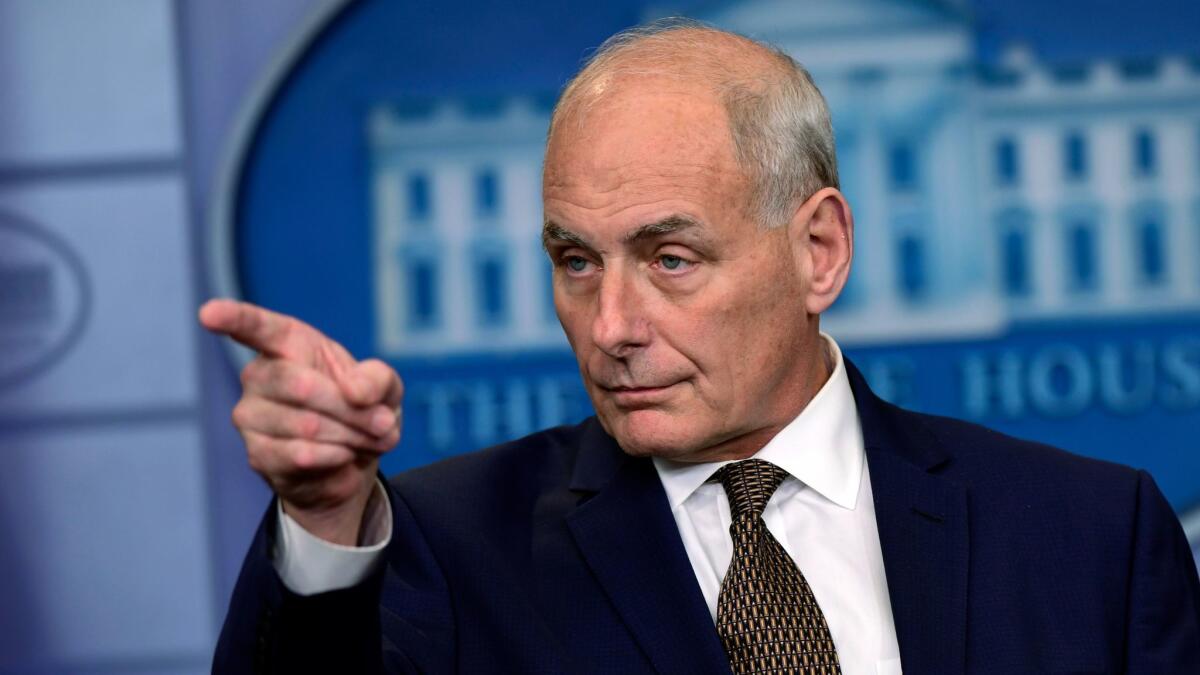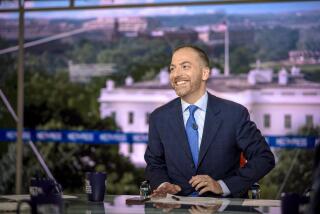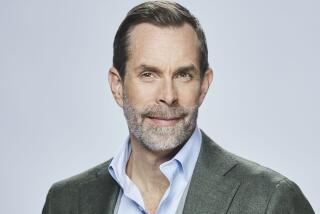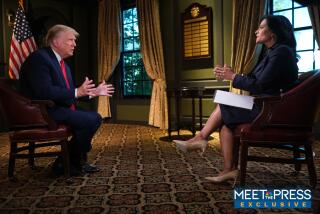White House Chief of Staff John Kelly says he’s neither quitting nor getting fired

White House Chief of Staff John F. Kelly held a surprise news conference on Thursday that, while wide-ranging, clearly was intended to send one message: that he feels secure and satisfied in his job, and frustrated with press reports to the contrary.
“I don’t believe — and I just talked to the president — I don’t think I’m being fired today. And I am not so frustrated in this job that I’m thinking of leaving,” he said jocularly in his first moments at the lectern.
“So,” he summarized, “unless things change, I’m not quitting, I’m not getting fired, and I don’t think I’ll fire anyone tomorrow.”
That the president’s chief of staff would take over the daily White House briefing was remarkable evidence of the extent to which the West Wing has been roiled by stories of internal intrigue, and by the president’s aggravation with them. Kelly answered reporters’ questions for about 30 minutes, longer than most briefings by Press Secretary Sarah Huckabee Sanders, who on Thursday stood off to the side.
Kelly addressed weighty issues including North Korea, Iran and immigration. But perhaps his most revealing comments were on how he sees his job of managing an all-but-unmanageable president, who in off-hours can upend any staff plans with a provocative post, or five, on his Twitter account.
The chief of staff said he was not aware beforehand of Trump’s tweets. But, he said, they don’t make his job more difficult. Still, he took the opportunity to smooth over the backlash from Trump’s tweets that morning threatening a limit to the federal government’s help for hurricane-battered Puerto Rico. He also suggested some difference of approach toward both North Korea and Mexico, frequent targets of Trump’s tweets and hard-line comments.
Kelly suggested that his hands-off attitude to the president’s tweets reflected his broader sense of his job. “I was not brought to this job to control anything,” he said, but rather to manage the president’s input “so he can make the best decisions.”
A number of news reports have described Kelly as having difficulty managing Trump’s penchant for undermining his own policy messages. Trump recently has tried to tamp down suggestions that Kelly was on the verge of resigning or being fired, contending that Kelly would be chief of staff for seven more years — to the end of a second Trump term.
Later Thursday, as he formally nominated Kelly’s deputy, Kirstjen Nielsen, as the next secretary of the Homeland Security Department, the president lauded Kelly as well, calling him “one of the finest people I have ever had the privilege to know.”
Kelly succeeded the first chief of staff, Reince Priebus, who had not been able to corral Trump’s wide-ranging spheres of advisors and confidants. Many of them met or talked with the president without Priebus’ knowledge, sometimes influencing Trump to veer off in unexpected ways in making decisions or comments.
Kelly initially served as head of the Homeland Security Department, and won plaudits from the president for helping to stem the flow of immigrants across the Mexican border. He also ingratiated himself by taking full responsibility for Trump’s troubled first order for a ban on travelers from some mostly Muslim countries.
Since he was appointed chief of staff on July 28, Kelly has won good reviews from concerned Republicans on Capitol Hill, though recent praise from Sen. Bob Corker of Tennessee — that Kelly, Defense Secretary James N. Mattis and Secretary of State Rex Tillerson helped prevent “chaos” from Trump — angered the president.
The intense focus on a staff member — even one who is a decorated, retired Marine general — has led to uncomfortable moments for Kelly, which he tried to minimize with humor on Thursday.
In August, he was photographed looking skyward as Trump gave equal blame for the violence in Charlottesville, Va., to both the white supremacists and the anti-racism counter-protesters. Last month, he was photographed with his hand to his head when Trump, speaking to the United Nations General Assembly, called North Korea’s leader Kim Jong Un “Rocket Man.”
“You guys with the cameras always catch me when I’m thinking hard and it looks like I’m frustrated and mad,” Kelly said.
Trump had told reporters at the White House on Saturday that Kelly loved his job “more than anything he’s ever done.” On Thursday, Kelly corrected the president: White House chief of staff is the “hardest” and “most important” job he’s ever had, but not the best one. That, he said, was being an enlisted Marine sergeant infantryman.
On several issues, Kelly also sought to clarify comments from Trump in ways that went beyond stylistic. On Puerto Rico, he provided assurance that the federal government would be there long-term to help with rebuilding. When he talked of Mexico, Kelly emphasized his “great relationships” with Mexican officials, and put much blame for drug traffic on demand from American users.
Kelly said, as Trump has, that his biggest fear is North Korea’s nuclear ambitions. But Kelly explicitly said diplomacy is crucial in dealing with Pyongyang, while Trump has disparaged Tillerson as “wasting his time” trying to negotiate anything.
Twitter: @ByBrianBennett
cathleen.decker@latimes.com
Twitter: @cathleendecker
ALSO:
Trump issues order to deregulate health insurance, promising relief from Obamacare
More to Read
Get the L.A. Times Politics newsletter
Deeply reported insights into legislation, politics and policy from Sacramento, Washington and beyond. In your inbox three times per week.
You may occasionally receive promotional content from the Los Angeles Times.








